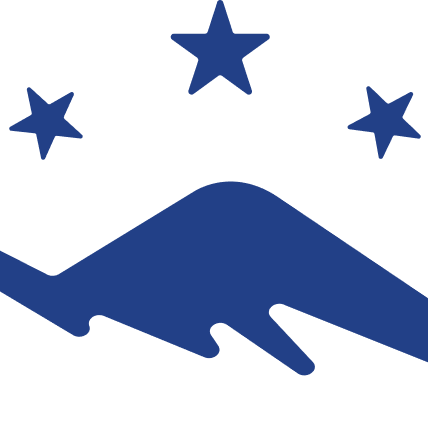This story was originally published in January 2016. Each winter is different, but the birding is always interesting, especially along Lake Champlain's coast!
Sometimes winter doesn't always cooperate and is unseasonable warm. This year, winter has had a difficult time making it to the Adirondacks and the entire northeast. A strong El Nino, a jet stream which remains far to the north, and perhaps a dose of climate change have mixed together delivering a concoction of warm air for much longer than many of us would like. Our ski centers were screaming for snow through Christmas and my skis and muscles were getting dusty with neglect. Even with our recent – yes! – snowfalls, most of us want more. Perhaps we are greedy.
Some birders I know claim to like the warmer weather – it does at least make birding more comfortable. But the lack of cold air makes birding slow – and our birding along Lake Champlain has been relatively quiet for weeks now. Without cold weather, our ducks and other waterfowl are not pushed south, Rough-legged Hawks and Short-eared Owls can hunt to our north, and winter flocks of finches and Snow Buntings may have less motivation to head into our region. Not only that, but ice on Lake Champlain presses the waterfowl into dense flocks, and a lake which is completely open offers the birds too many places to feed where we can’t find them. This all means we want cold weather to improve our birding along the lake!
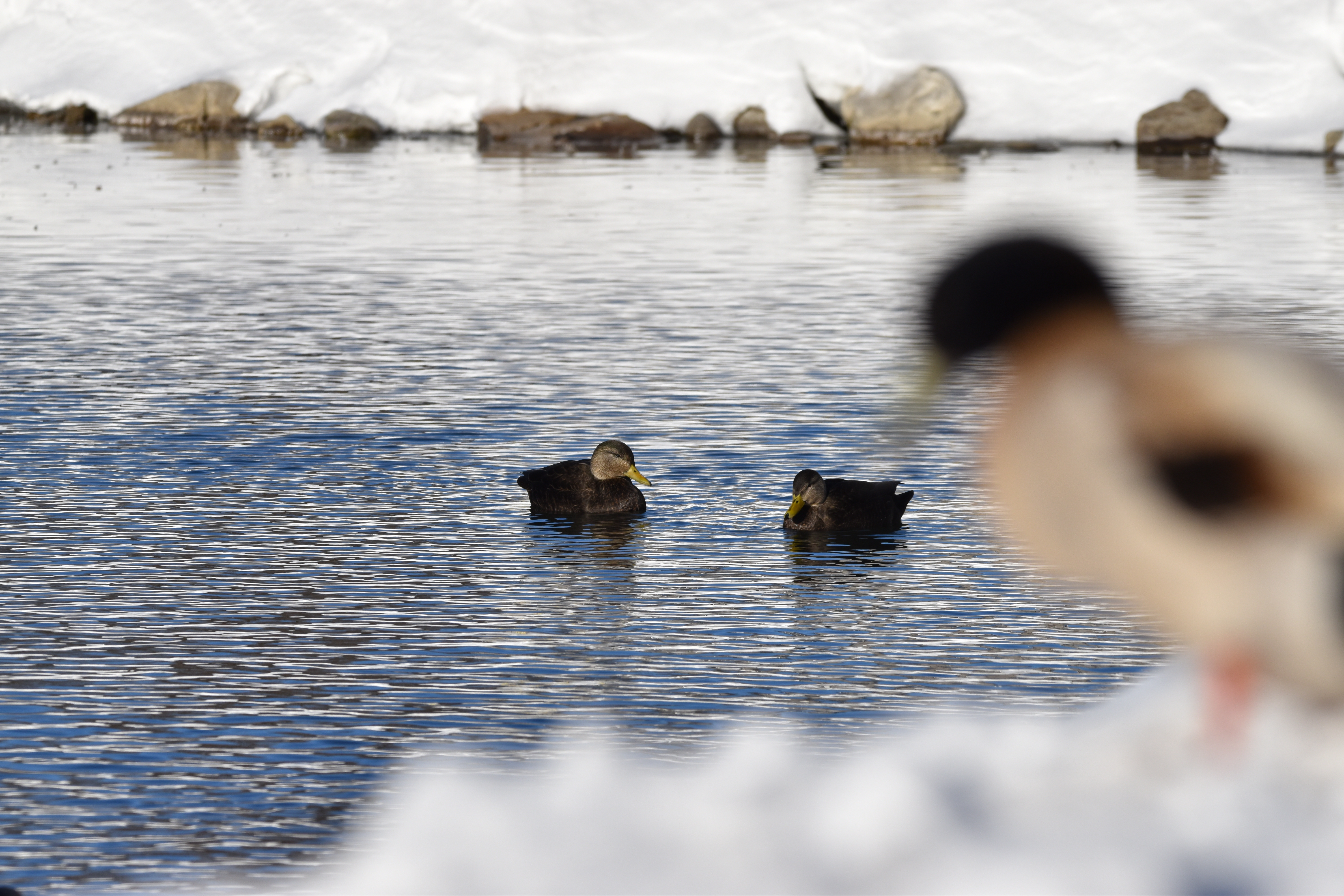
And this phenomenon is not isolated here. I birded in places throughout New Jersey, Delaware, and Pennsylvania over the holidays and folks were saying it there, too. Our mild temperatures seem to have slowed our birding down a tad. That said, the birds themselves may fare quite well with such warm weather – at least for now. They can more likely find food, shelter, and don’t have to expend so much energy staying warm. But Christmas Bird Counts across the region have pointed to the notion that warm air to start this winter has kept some species to our north, while allowing others to remain longer into the cold season. It is just a strange year. That could mean that some out of season or regionally rare species show up – and that may be a factor in the arrival of rarities in parts of the northeast this year. But it is hard to say for sure.
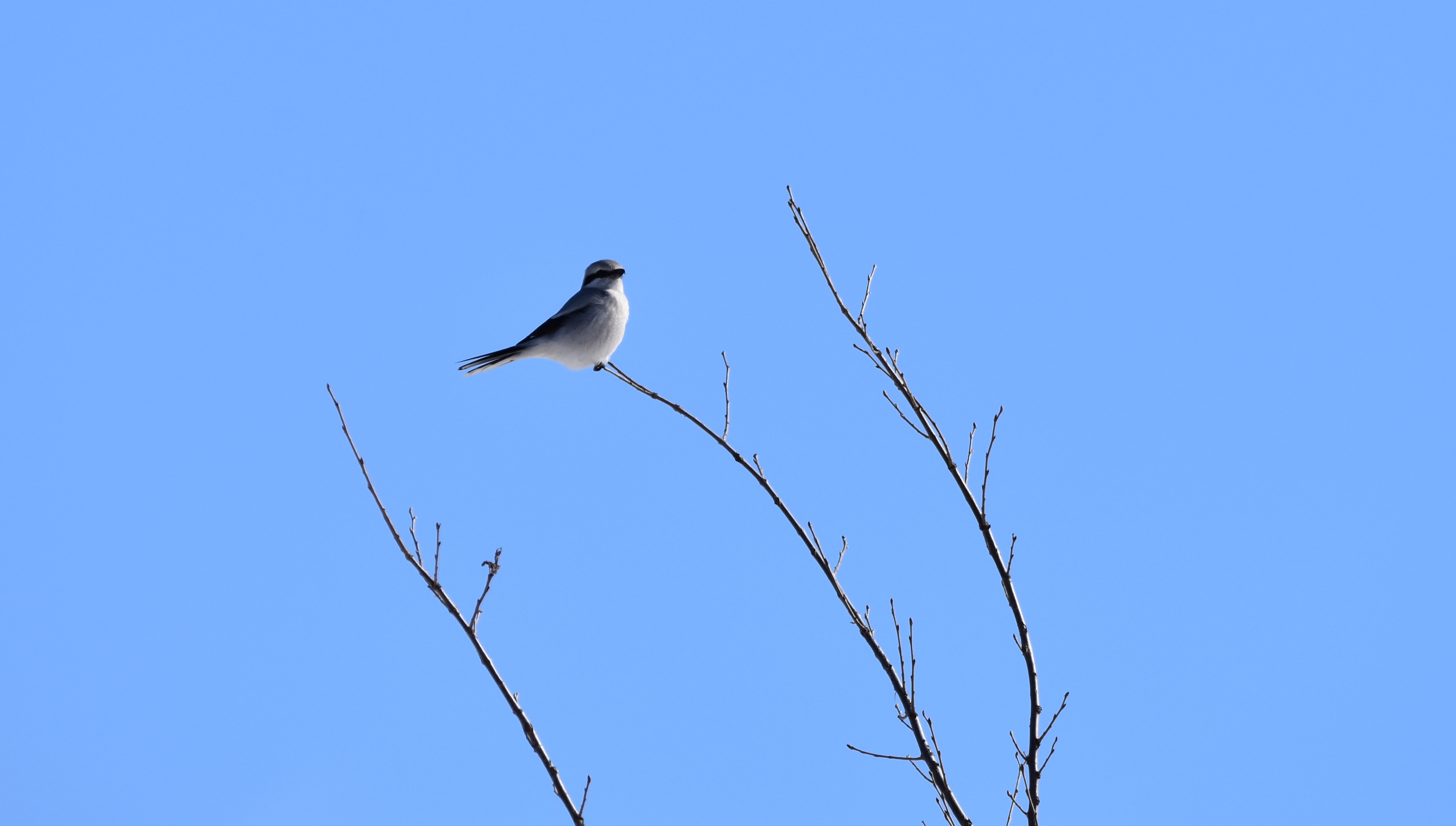
A change in the weather
Even with such potential benefits, birders rejoiced to have cold weather descend upon us in the last week. We were long overdue for it. And just like that we noticed changes – from the coast of Massachusetts to New Jersey to the North Country.
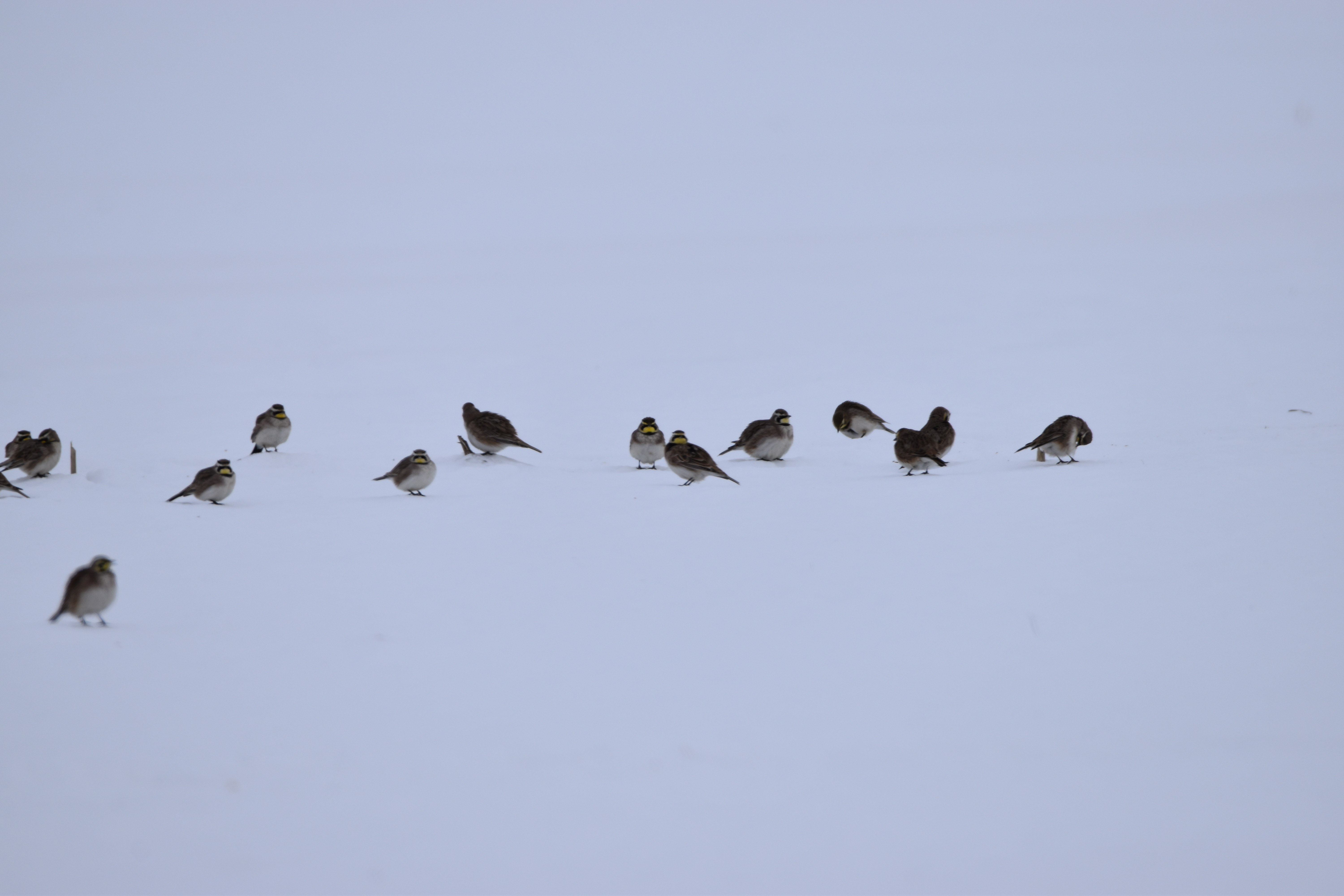
Flocks of Horned Larks, Snow Buntings, and Lapland Longspurs began to be seen in open fields, in the Magic Triangle, and on the Vermont side of the lake.
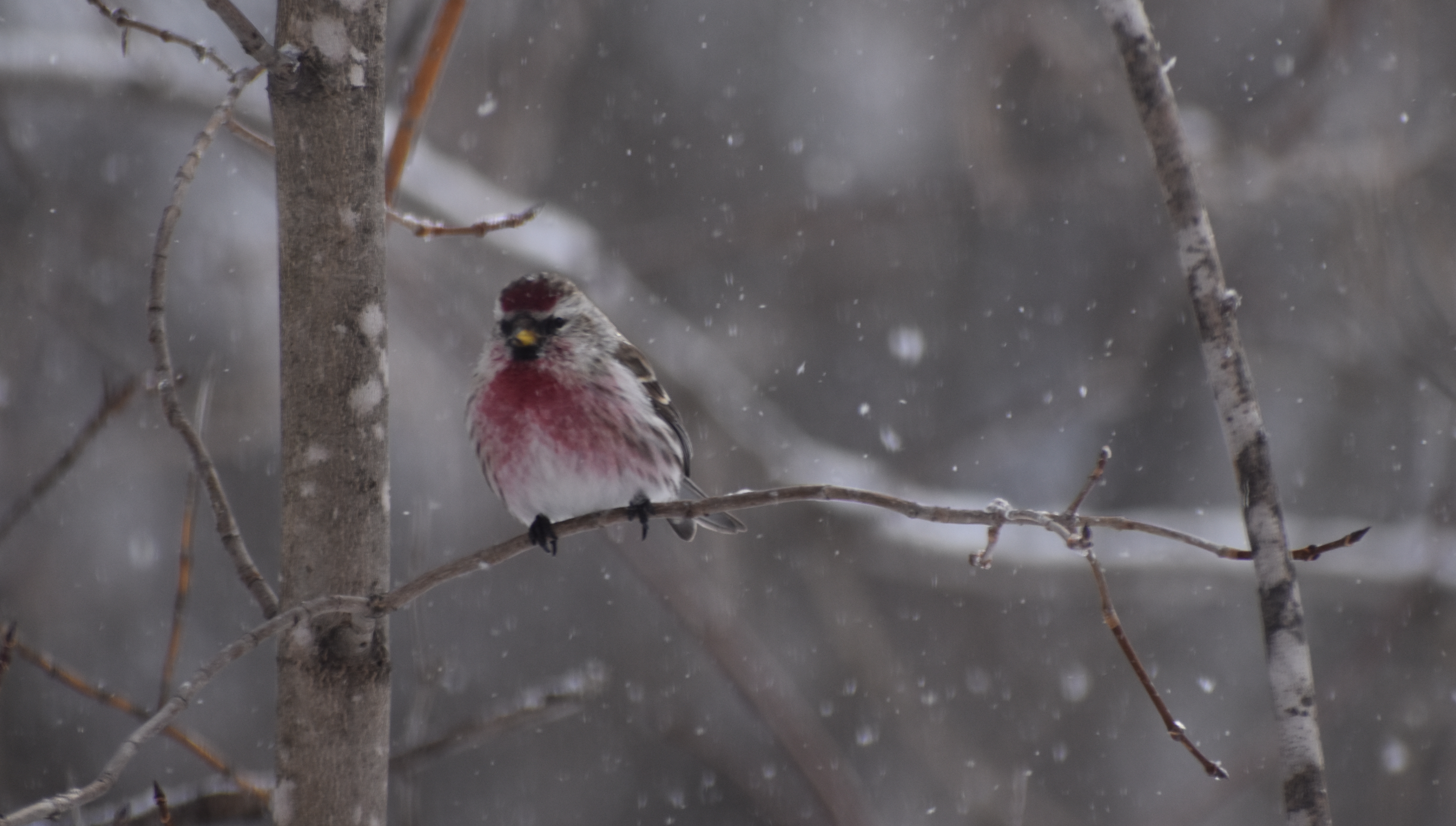
And while finches of several species have been common across the region for weeks now, their numbers seem to have increased in the past week along the lake shore.
Ducks by the thousands!
More importantly to many birders, the numbers and diversity of waterfowl have boomed along the lake after several quiet weeks. There have been Long-tailed Ducks at Ausable Marsh, a female Barrow’s Goldeneye mixed with Common Goldeneye near Wickham Marsh WMA, and a bevy of ducks at Crown Point State Historic Site.
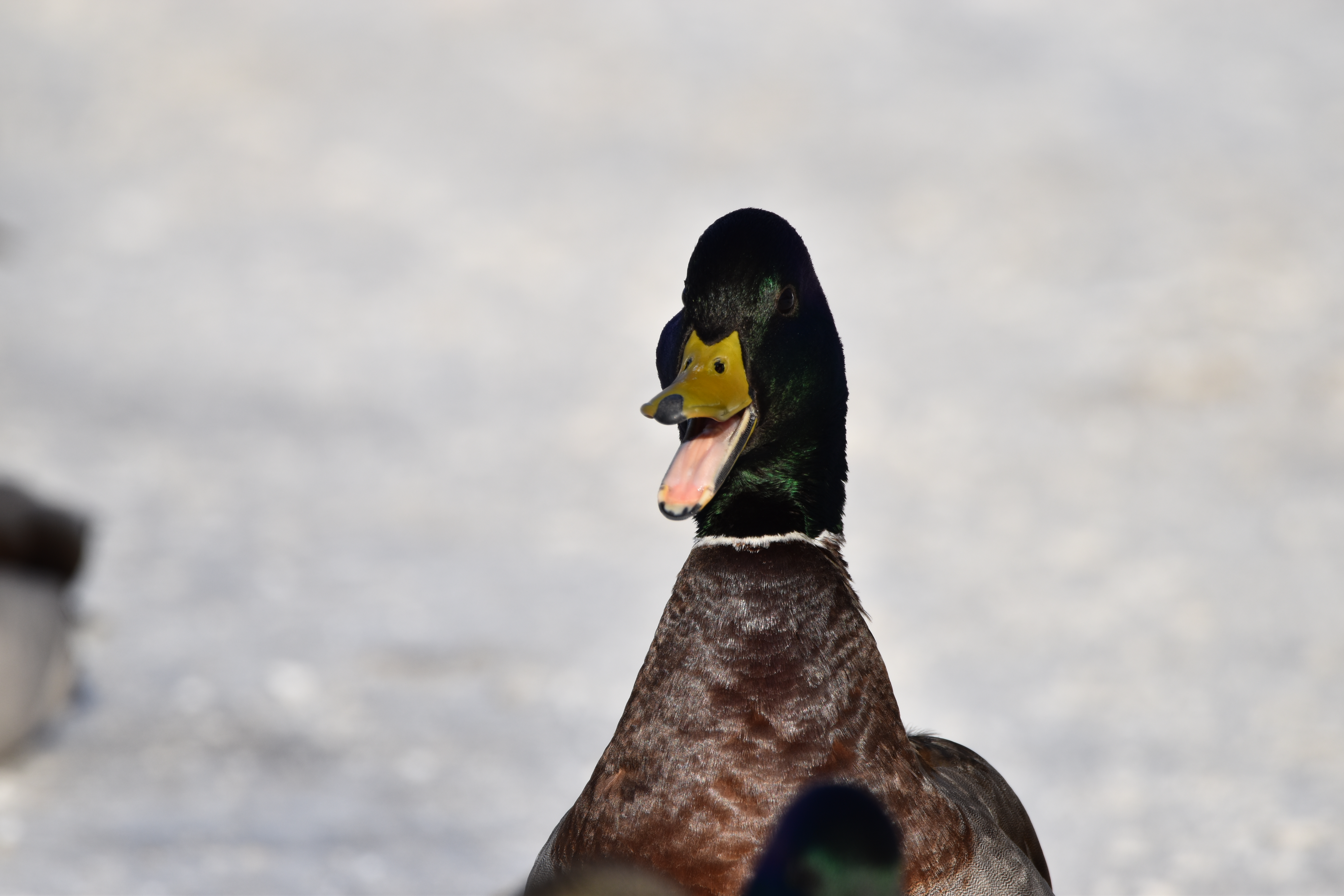
Crown Point is often great at this time of year as the ice edge advances from the narrow portion of the lake to the south and our chillier weather of late has brought with it large flocks of ducks which included both species of scaup, Common Goldeneye, Common Merganser, Hooded Merganser, Bufflehead, a few Ring-necked Ducks, Green-winged Teal, and lots of Mallards and American Black Ducks. If that wasn’t enough, there have been two Redheads, a lone Gadwall and a lone Red-breasted Merganser, a dozen Canvasbacks, nearly as many American Coots, and a single Barrow’s Goldeneye which was best observed from Chimney Point State Historic Site on the Vermont side of the bridge. Whew! Cold weather does wonderful things.
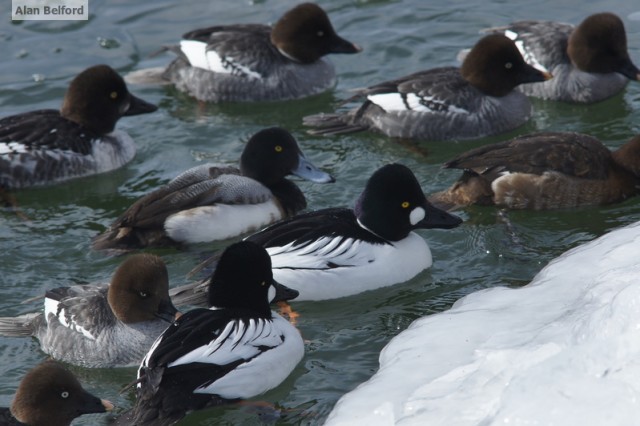
And so when the thermometer dips low and ice begins to encroach on the landscape, birders will not complain or hide indoors until it passes. They know that cold weather is not to be avoided, but embraced. So, grab a meal and your spotting scopes and head to the Lake Champlain Region for some great winter birding! Each day may bring something new, so why stay for awhile? After all, winter birding is often the start of something good.


